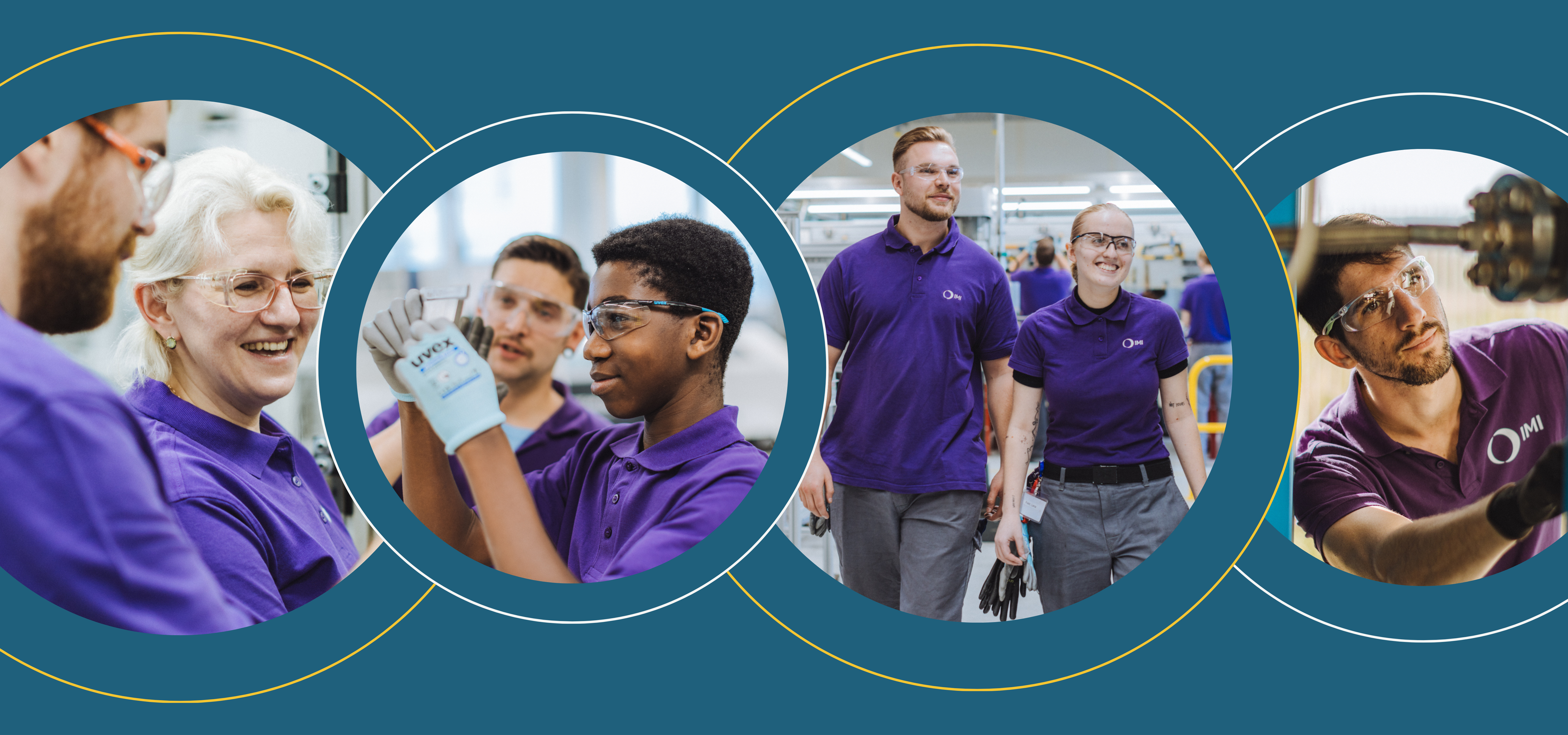Empowering sustainable data centres in challenging climates

As the backbone of the digital economy, data centres in hot, humid climates must remain both energy-efficient and reliable without compromising performance.
With average temperatures exceeding 27°C year-round, Singapore presents a tough test for traditional air-cooled systems, which often struggle to cope. At the same time, as global data demands surge, data centres play an increasingly vital role – safeguarding critical information and powering modern business operations. Yet the energy-intensive nature of their cooling systems places significant strain on sustainability efforts, particularly in tropical regions.
Achieving 24/7 reliability and energy efficiency in these environments requires both innovation and deep technical expertise. To help address this, we partnered with data centre designers and operators on a groundbreaking project in Singapore to test and implement a more energy-efficient cooling system, specifically designed for the local climate.
The goal was ambitious: to deliver a minimum 25% reduction in energy consumption and CO₂ emissions compared to conventional air-cooled solutions.
The project introduced 24 TA-Smart valves, forming the foundation of a cutting-edge monitoring and control network. These advanced valves captured key metrics – flow rates, supply and return temperatures, and energy consumption – in real time, feeding precise data into the Building Management System. This continuous stream of insights allowed operators to identify inefficiencies and fine-tune cooling strategies with remarkable accuracy.
Before installation, baseline tests simulated peak operating conditions, such as surges in data traffic and extreme ambient temperatures, to pinpoint weaknesses in the existing system. Once deployed, the TA-Smart valves provided unparalleled control, validating optimised strategies and enabling consistent performance improvements.
The results were transformative. With our expertise and advanced hydronic solutions, we helped our customer achieve their operational goals, reduce energy costs, and contribute to a more sustainable future. This project not only demonstrated the potential of advanced HVAC technology in demanding climates but also underscored the importance of innovative partnerships in driving sustainability within the digital infrastructure sector.



